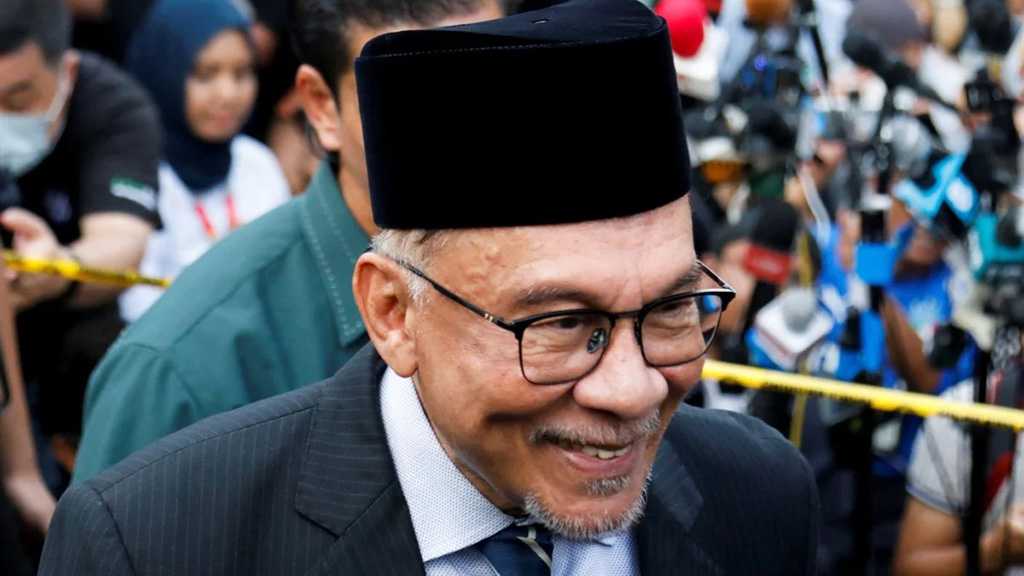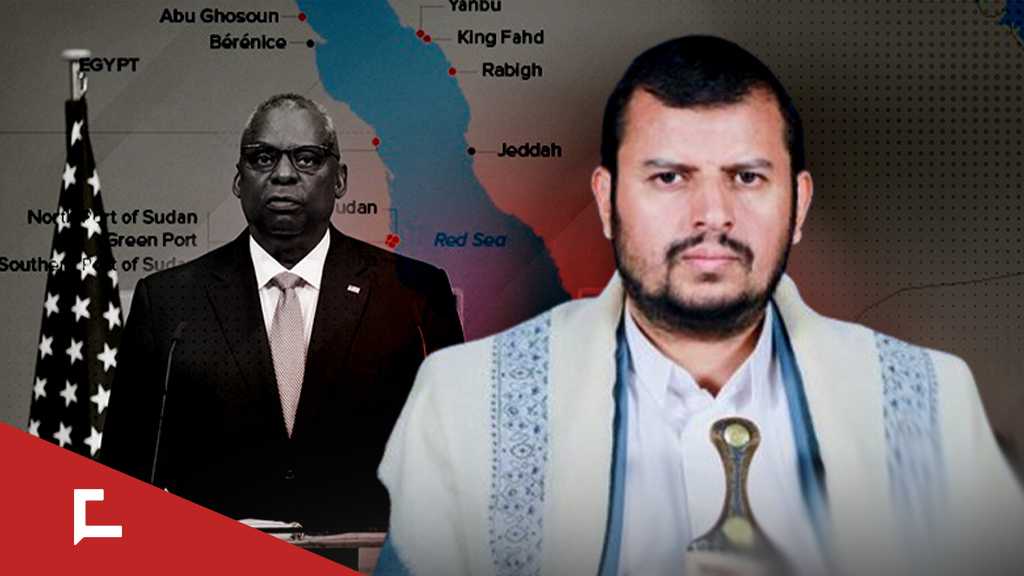
Malaysia’s Anwar Named Country’s 10th Prime Minister

By Staff, Agencies
Anwar Ibrahim has been named Malaysia’s new prime minister, marking an incredible comeback for a man who was first lined up for the job in the boom years of the 1990s before he was suddenly sacked and jailed.
Anwar’s Pakatan Harapan [PH] coalition won the most seats in the weekend’s election, but no one party or coalition emerged with the 112 seat parliamentary majority necessary to form a government.
PH and the rival conservative Malay-Muslim Perikatan Nasional [PN] coalition under former Prime Minister Muhyiddin Yassin, which had the second-highest number of seats, both began negotiations to form a government, wooing smaller coalitions in the Borneo states of Sabah and Sarawak as well as Barisan Nasional [BN], the alliance that dominated Malaysia for some 60 years before its historic defeat in the last elections in 2018.
With neither able to make a breakthrough, King Sultan Abdullah Sultan Ahmad Shah met Anwar and Muhyiddin as well as newly elected members of parliament to canvas their views on who should lead the new government.
After a meeting of the royal households on Thursday, the king announced that Anwar would become prime minister because he had the support of the majority of Malaysia’s 222 members of parliament.
There are “no absolute winners and no absolute losers,” he said in the statement, urging all politicians to work together for the benefit of the country.
King Sultan Abdullah said the 75-year-old would be sworn in at a ceremony at the palace at 5pm [09:00 GMT].
Chants of ‘reformasi’ or reform continued to reverberate around PH rallies in the campaign leading up to Saturday’s election, with PH supporters looking for a government that would tackle corruption, defend democratic freedoms and ensure the independence of key institutions such as parliament and the judiciary.
In the face of a probably economic slowdown, Anwar told supporters that his government would also reduce the size of the cabinet, and cut ministerial salaries and allowances.
Still any moves to reform could still be stymied by more conservative factions.
Malaysia is a multi-ethnic, multi-religious country where most people are ethnic Malay Muslim, but there are significant numbers of people of Chinese and Indian origin as well as Indigenous communities.
The previous PH government was partly undone by a reform agenda that Malay nationalists feared would undermine the privileges granted to them under the constitution.
Such pressures could also affect the new government, given the surge in support for PAS, Malaysia’s religiously conservative Muslim party, which emerged from the election with the most seats of any single party.
It is also the dominant player in PN.
Wong Chin Huat, a political expert and professor at Sunway University outside Kuala Lumpur, says Anwar needs “to get the politics right” to be able to fix the economy.
“He needs to be PM for 100 percent of Malaysians, not just the 38 percent PH voters and 22 percent BN voters,” Wong explained to Al Jazeera. “He needs to especially assure the 30 percent of voters who support PN that their voices will be heard.”
Official figures from Saturday’s election showed a record number of Malaysians casting their ballots, with PH securing 5.81 million votes, PN 4.67 million and BN 3.43 million.
The electoral roll had been enlarged after a constitutional change to give 18-year-olds the right to vote and for automatic voter registration, which further increased uncertainty over the outcome.
Comments



